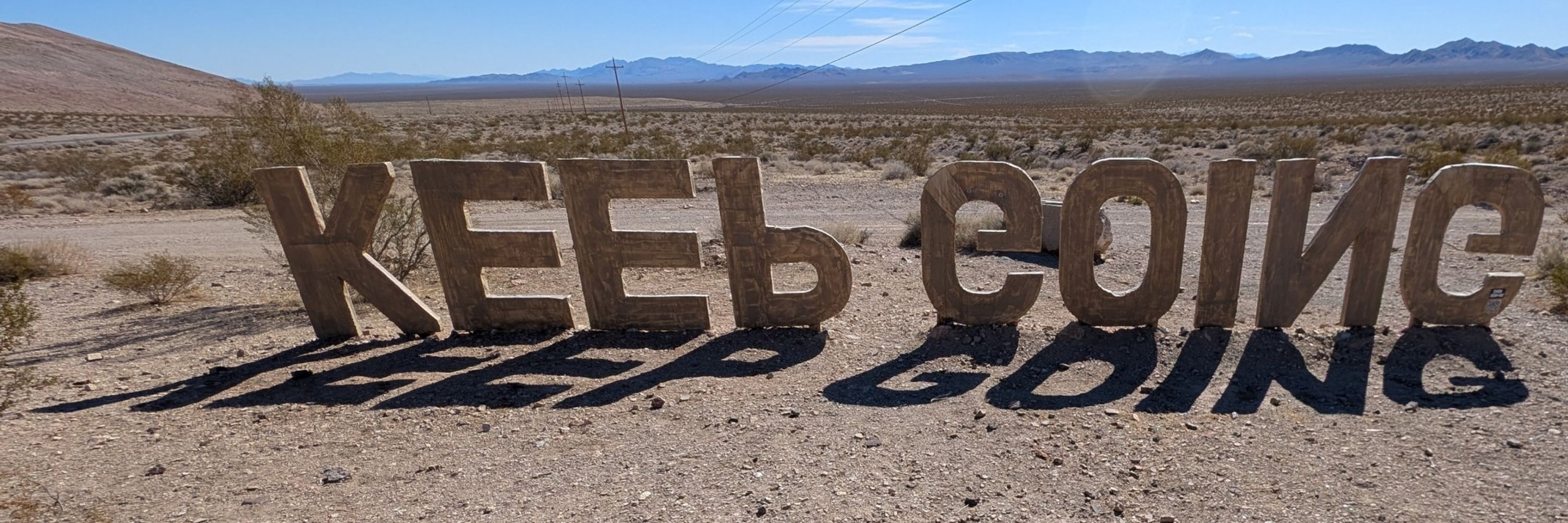
Opinions my own.


New York is ready for the energy transition.
New York is ready for the energy transition.
2. And that compact living? It lowers home energy bills. Radiant heat from neighbors + other factors lower costs for all.
2. And that compact living? It lowers home energy bills. Radiant heat from neighbors + other factors lower costs for all.

